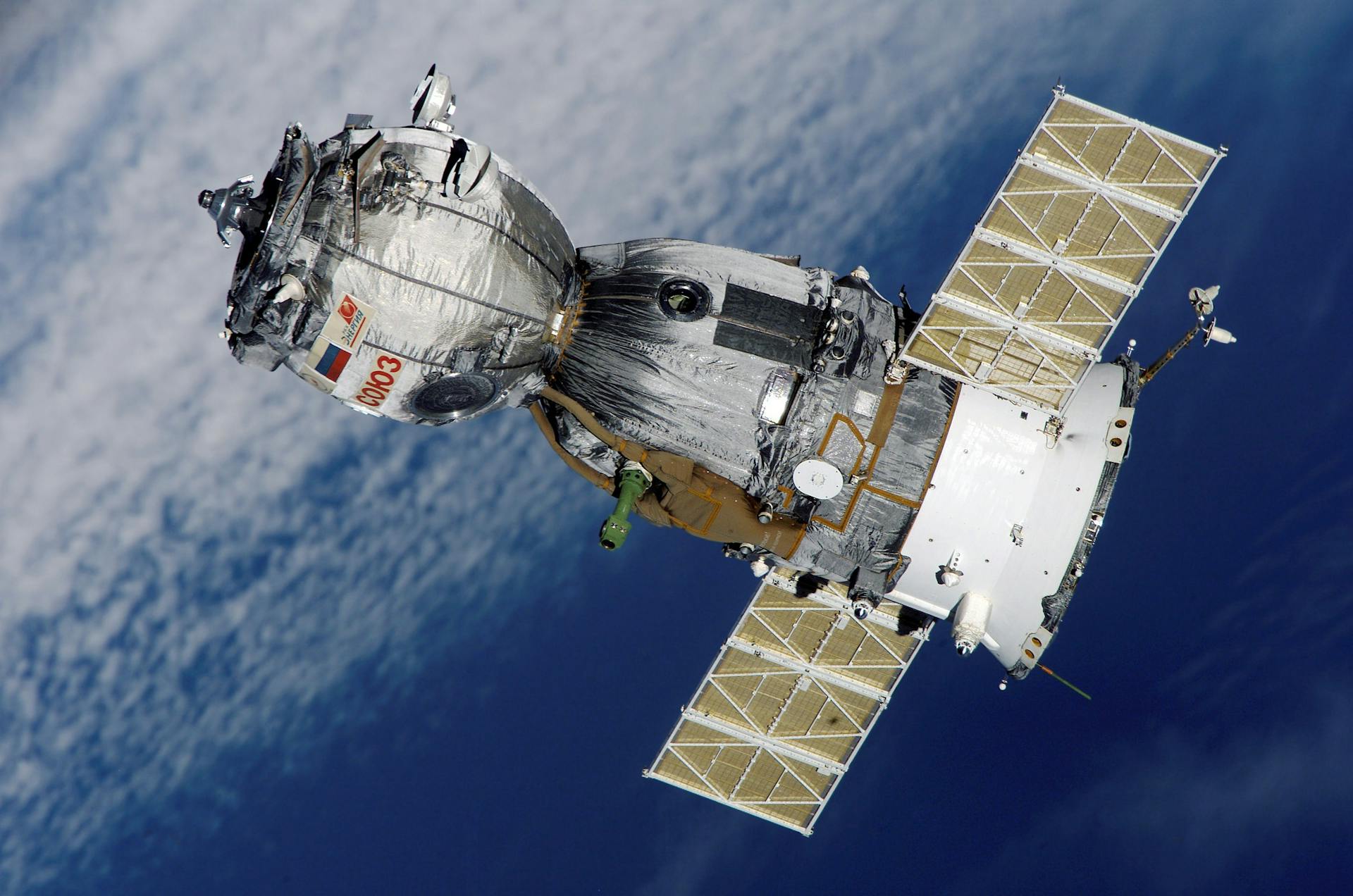Amazon is very famous in the technology world for its wide e-commerce marketplace, cloud computing through Amazon Web Services and a large range of consumer electronics like Kindle and voice assistant-Echo. Now, the company is shooting for the stars literally, with Project Kuiper, Amazon’s satellite internet project. The project, which is aimed at providing high speed internet services in the underserved and remote areas, is set to compete with other similar projects like SpaceX Starlink. As many satellites are set to be launched soon, Kuiper is a major advancement in Amazon’s efforts to redesign internet access around the world.
What Is Project Kuiper?
The project is named after the Kuiper Belt, a region of the solar system beyond Neptune that is home to numerous small icy celestial bodies. Project Kuiper is Amazon’s strategy to launch a network of low-Earth orbit (LEO) satellites. These satellites will bring internet connections to areas where people cannot get affordable and reliable broadband internet. Amazon proposes to create a constellation of 3,236 satellites that will orbit the Earth at an altitude of 590-630 kilometers.
The aim is to connect the digital divide, extending broadband access to the underserved and remote areas worldwide, as well as developed and remote areas in developed countries. Leveraging this satellite network will enable Amazon to deliver internet services that are cheap, fast and accessible to millions of people who do not have access to the internet.
Amazon’s Entry Into Satellite Internet
While satellite internet is not a novelty, what sets Project Kuiper apart is the scale and funding. Amazon has funded the project with more than $10 billion, enhancing the company’s desire to make it a significant player in the sphere of satellite internet. Amazon is not new to space ventures given Jeff Bezos’ leadership, especially with the company’s space exploration project called Blue Origin. However, unlike Blue Origin, which is focused on space tourism and exploration, Project Kuiper has a more worldly goal: to better the quality of life for billions through the optimization of internet connections.
Initial Deployment
Amazon is now prepared to make a big leap with the launch of its first satellites. KuiperSat-1 and KuiperSat-2, which are prototype satellites, are schedule for launch aboard a United Launch Alliance (ULA) Atlas V rocket in October 2024. These test satellites are essential for Amazon to ensure that the satellite network is efficient in its performance, including testing broadband connectivity, ground stations interactions, and the hardware that customers will use to access Amazon’s satellite service.
The prototype launches will enable Amazon to test the system’s capabilities in the real world before transitioning to full-scale implementation. The firm intends to launch the first group of operational satellites in 2025, and seek to have the satellites reach half of the global population by 2026. The complete constellation has over 3,200 satellites and is expected to be on ground before the end of this decade.
The Impact of Project Kuiper
If all goes as planned with Project Kuiper, then it could revolutionize how the internet is experienced, altering it into a true reality of internet access around the world. The possibility of connecting rural and remote populations to cheap, fast Internet is transformative. For millions of people, particularly those in the underdeveloped countries, better internet access can make them opportune to education, healthcare, and employment. Companies operating in remote areas could benefit from enhanced connectivity and public safety agencies would be able to function better in areas that are vulnerable to natural disasters where traditional communication infrastructure is unstable.
However, Project Kuiper can become beneficial to Amazon’s e-commerce ecosystem, and allow the company to enter new markets and customers in countries that still lack or have very limited access to the Internet. It could also assist Amazon to further growth, strengthening its dominance in the technology and retail sectors.
Conclusion
Kuiper is a very ambitious project with a goal to revolutionize the state of internet connectivity across the world. By using a massive constellation of low-Earth orbit satellites, Amazon is proving to be a major player in the satellite internet space. As the first test satellites are expected to be launched in late 2024 and large-scale implementation to begin, Project Kuiper can become the key to connecting the digital divide and providing fast internet connection to millions of people around the globe.
Image source: pexels.com










